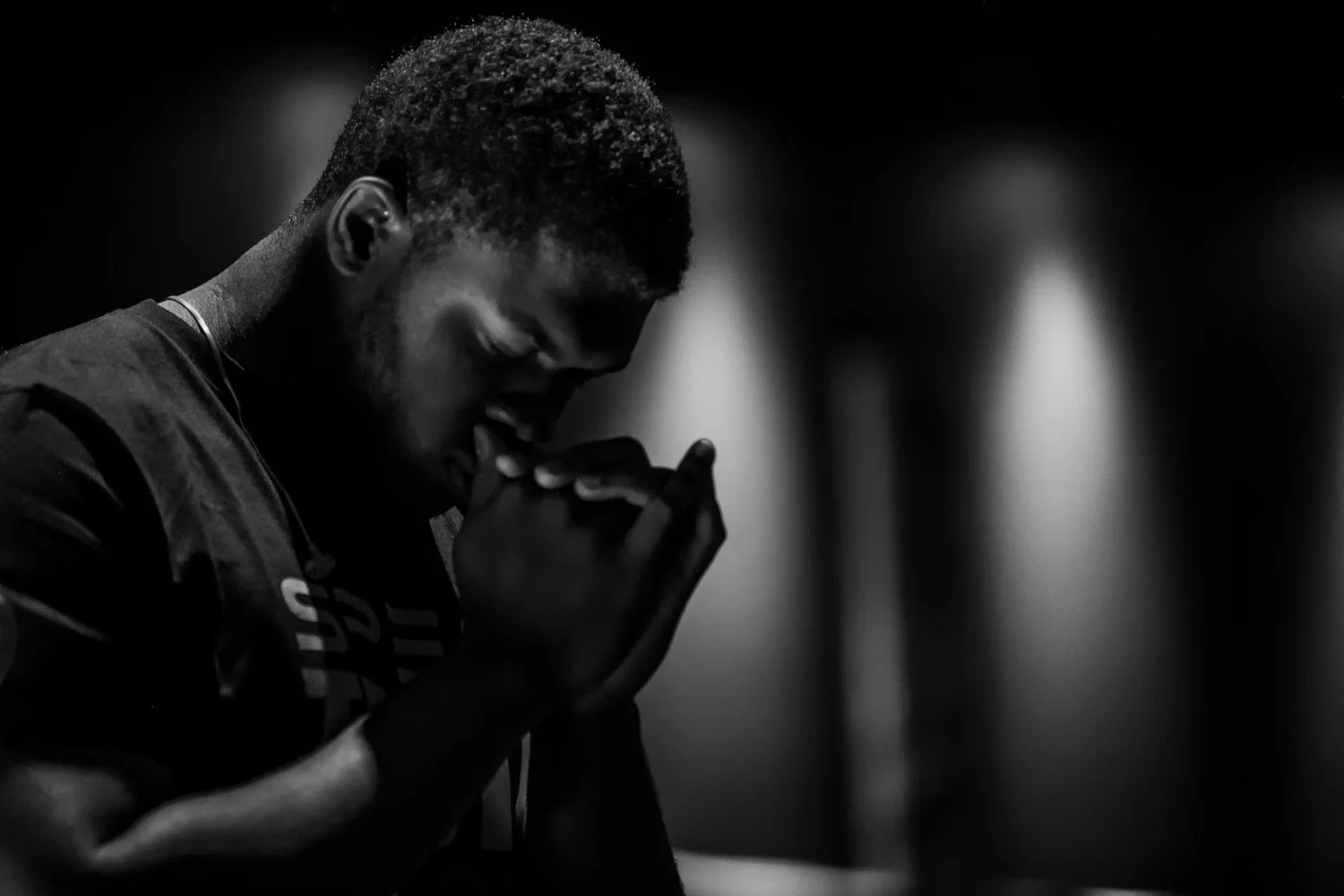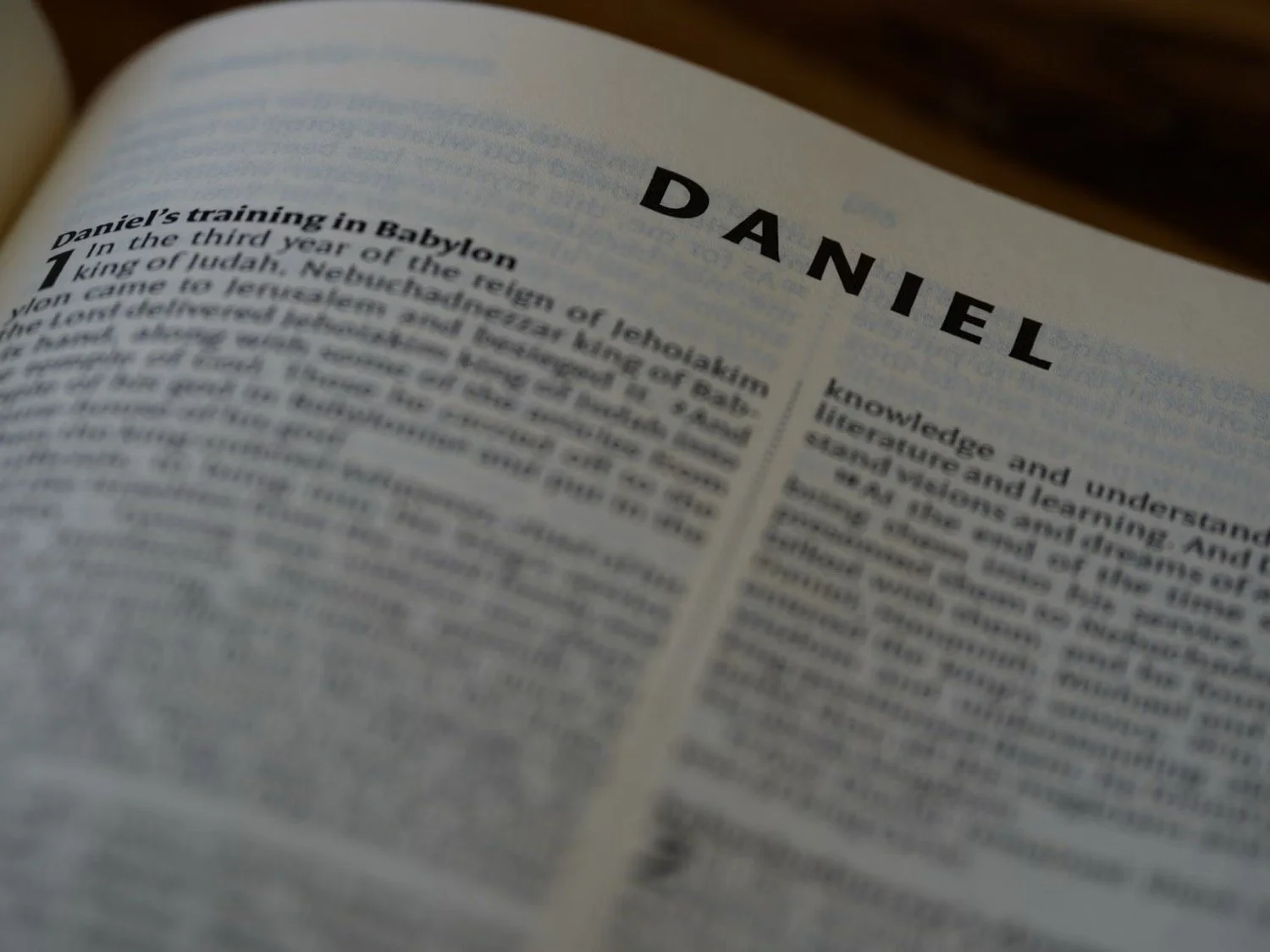Readings for today: Philemon 1, Psalms 24
The Bible has often been used to justify the horrors of slavery. Southern slave owners and preachers in the 18th and 19th centuries proof-texted from all over the Scriptures to justify their crimes. Even well-known pastors and theologians like Jonathan Edwards and George Whitefield were blind to the sin of slaveholding. Many over the years cite these examples as reasons not to believe the claims of Christianity. After all, if Christianity is the “slaveholders” religion then surely it’s not worth following. I’d agree. At the same time, the Bible birthed the abolitionist movement. Christians like William Wilberforce, John Wesley, Sojourner Truth, Harriet Beecher Stowe, Charles Spurgeon, Charles Finney, and many others relied on passages like the ones we read today from Philemon and Colossians as they launched and organized a movement that put an end to the Atlantic slave trade and brought an end to the practice of slavery in the United States altogether. Furthermore, Christians remain on the forefront of the abolitionist movement to this day through organizations like the International Justice Mission as they battle slavery in all its forms around the world.
In my opinion, the Apostle Paul doesn’t get near enough credit for how radical he must have sounded to his contemporaries. As we’ve said throughout the year, though the Bible was written for us, it was not written to us. Paul was preaching and writing and theologizing at a time when almost one-third of the world was enslaved. Slavery was normative in Paul’s day. It was part of the economic fabric of the empires of the ancient world. The idea that every human being was made in the image of God and therefore all human beings equal in the eyes of God was radical and far-reaching and had yet to fully take hold. Aristotle himself believed that some people were born to be kings and some were born to be slaves and this was just the natural order of things. And then along came this fiery little apostle whose life had been transformed by his encounter with the Risen Christ and what he preached and taught literally turned the world upside down.
Listen again to what Paul writes to Philemon about his runaway slave, Onesimus, “For perhaps this is why he was separated from you for a brief time, so that you might get him back permanently, no longer as a slave, but more than a slave — as a dearly loved brother. He is especially so to me, but how much more to you, both in the flesh and in the Lord.” (Philemon 1:15-16 CSB) Paul’s vision of the Kingdom subverts and undermines every other kingdom on earth. His understanding of the ways of God’s Kingdom radically de-centers all natural human relationships. He upends cultural norms by pressing those he loves deeper into the ethics of Jesus. Philemon has come to Christ under Paul’s preaching. He himself was set free from slavery to sin and death in the name of Jesus and should therefore rejoice and embrace the emancipation of his former slave Onesimus now that he too has become a believer. This is the key for Paul. Because Christ has set us free, we must be about the business of setting others free. Spiritual realities should lead to physical and cultural realities. They are not separate entities.
Readings for tomorrow: Hebrews 1-2, Psalms 25




